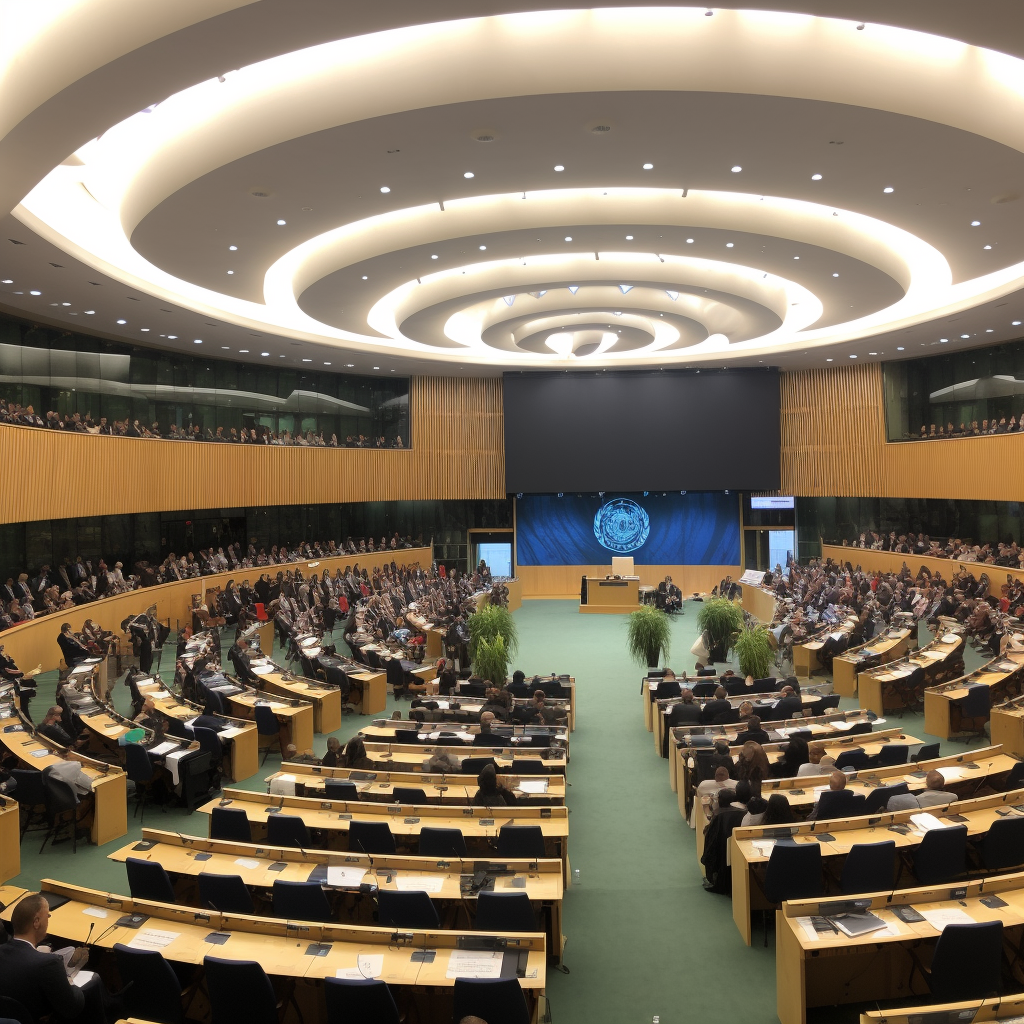June 22, 2023
Challenges and Disputes at Mid-Year U.N. Climate Talks in Bonn – A Call for Cooperation and Urgent Action
Book a Demo
The world is currently facing a climate crisis, and one of the biggest challenges is the lack of cooperation between rich and developing nations. This was evident at the mid-year U.N. climate talks held in Bonn. The dispute was rooted in the lack of finance for energy transition, which left developing countries frustrated. Rich nations had promised $100 billion a year in finance since 2020, but this promise has yet to be fulfilled.
The lack of climate finance has resulted in underwhelming progress at the talks. Goals for global adaptation, making agriculture more climate-friendly, and planning for a just transition to a low-carbon world have been delayed. COP28, which is under pressure to commit to phasing out fossil fuels, is expected to address these issues.
Diplomatic embarrassment was avoided ahead of the COP28 summit in Dubai when a compromise was reached on the final evening of the Bonn negotiations. However, rich and developing nations remain at odds, with the former prioritizing emissions reductions and the latter calling for international finance for clean energy.
In addition, Cyclone Biparjoy caused concern in southern Pakistan during the talks, highlighting the urgent need for action on climate change. Nabeel Munir, a top Pakistani negotiator, likened the Bonn negotiations to a primary school squabble over the meeting agenda.
Another issue that has emerged at the talks is the access issues faced by some article readers due to ad-blocking or security software. Disclosure of affiliation is now required for all participants at Bonn talks, but financial sponsorship is not included.
The mid-year U.N. climate talks in Bonn have highlighted the ongoing challenges faced by the international community in addressing the climate crisis. The lack of cooperation between rich and developing nations, the delay in climate finance, and the urgent need for action were all key themes at the talks. COP28 will be under pressure to address these issues and make progress towards a just transition to a low-carbon world.



